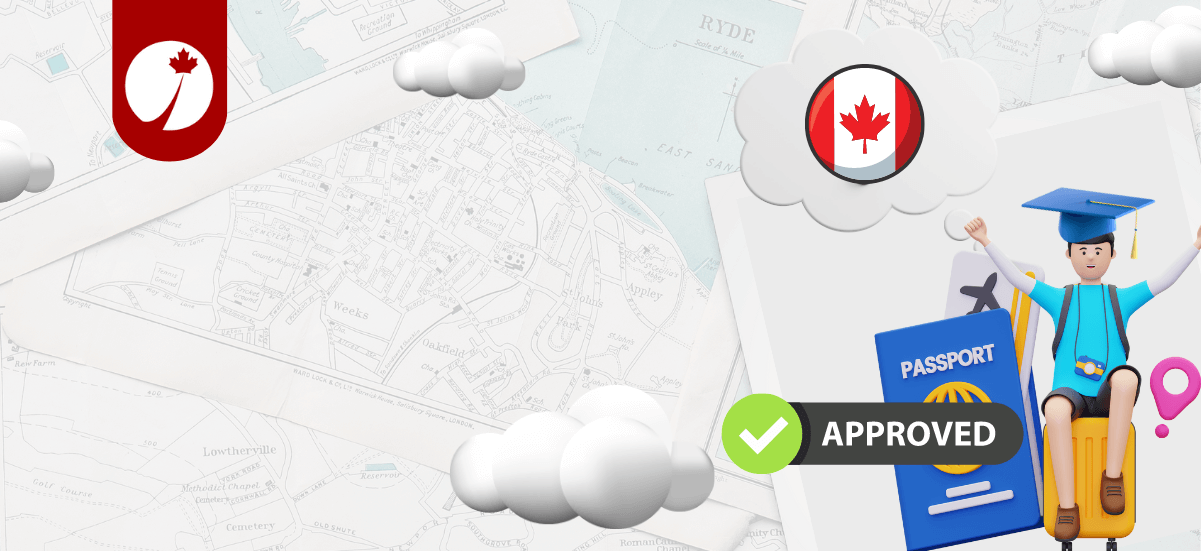Coming to Canada for tourism not only implies being able to visit one of the most vast and beautiful countries in the world, but also being able to carry out different types of cultural activities, including taking courses in Canadian educational institutions.
You may be wondering, how is it possible for someone as a tourist to do an educational program in Canada without the proper authorization of a study permit? Well, the answer is simple: the government enables people who have a tourist visa to take short courses on certain types of educational areas, but not all.
The holder of a tourist visa, either for someone from a country to which Canada requests a visa (Temporary Resident Visa or TRV) or for someone who is exempt from a visa (electronic travel authorization or eTA), has the right to study in Canada the following programs:

- Preschool
- General interest or self-improvement courses
- Long distance education
- Courses for which academic credit is not sought (diploma or certificate)
- Integration courses and adaptation to Canadian culture, such as the “francisation” courses offered by the province of Quebec.
The most important part to note here is that in order for a tourist to study in Canada, the duration of the course they take must be 6 months or less.
In other words, although it is only possible to obtain a tourist visa to be able to take an educational course in Canada, the limitation of time and the type of course make this inappropriate in many cases, and if someone wants to pursue another type of studies in order to obtain a diploma in an institution that is considered a Designated Learning Institution (DLI), then they must necessarily apply for a study permit.
Another thing to keep in mind when studying being a tourist is that, although you can take an educational course, the tourist visa does not confer the right to work. It is known that those who have a study permit, and are taking their courses full-time, have the right to work 20 hours per week during class periods and full-time (30 or more hours per week) during vacation periods. However, this is not possible if you are only coming to Canada on a tourist visa.

Therefore, since it is a very common situation, for all those who come to Canada to do language courses, English or French, which lasts 6 months or less, and want to work, they should know that they will not be able to do it only by obtaining a tourist visa. In such case, they must get a Study Permit.
However, if the idea is to come to Canada with the intention of getting to know this incredible country, and also take advantage of taking an English course, or doing a vocational program that helps with a personal project or venture in the country of origin, without a doubt, the opportunity to do it with only a tourist visa is something that makes it much easier to come and complete such goal. This is of special interest to those looking for a simple and fast way to add value to their curriculum by taking short courses in a country that enjoys great academic prestige globally.

So now you know, if your objective is to explore the vastness of the country’s most emblematic landscapes, improve your language, come into contact with people from all over the world and their culture, and you want to add value on your CV, then don’t hesitate to get your Canadian tourist visa and sign up for the course that you like the most!
See you in Canada!











